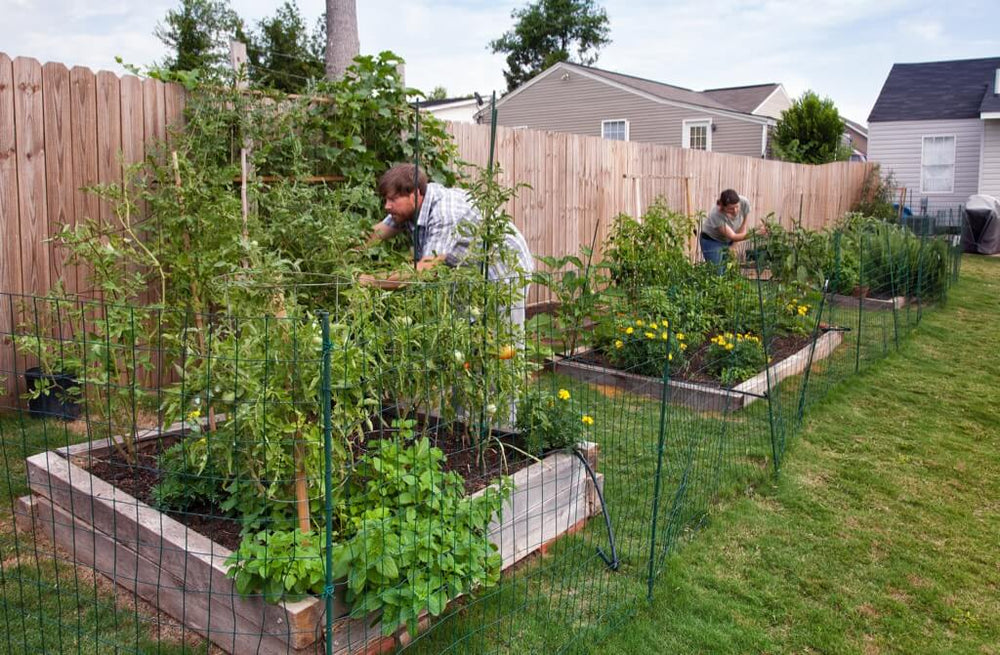Lucinda Mays is that knowledgeable, helpful neighbor whom every new gardener would love to have. Since most folks aren't lucky enough to live next to a growing expert, try the next best thing: reading Lucinda's savvy advice.
If Lucinda Mays looks familiar, that is because she was co-host of "Victory Garden South" on PBS in the 1990s while she was based at Callaway Gardens in Pine Mountain, Georgia. Now she is back in the land of her birth, Nebraska, currently working as campus horticulturist for Chadron State College. No matter where Lucinda has lived, from the coastal plain of the Carolinas to almost-Wyoming, she has gardened. Even if you were not watching gardening TV back then, you'll find her practical observations on the nature of plants, as well as the nature of gardeners, invaluable, whether you are a veteran gardener or turning the soil for the first time.
Here, Lucinda explains her philosophy about food gardening and offers valuable tips for new gardeners:
On gaining experience
Some of us start out cautiously, and some of us leap headlong. All of us learn at least something worth knowing and passing along. What I am passing along is the result of gardening for many years. Some methods came from books and manuals, some from the experience of trial and error, and some from other gardeners. In each case what I learned derived from connecting—with the soil, the plants, the seasons, and other gardeners.
On food gardening
What happens when we grow our own food is . . . we learn. Food gardening reminds us that we live right in the middle of the human endeavor of production and consumption. When we grow our own food, there is no disconnect, no middleman. We are part of the process. When we grow our own food, we harvest the sun's energy in a tomato or a sprig of basil. And we get tangible rewards for the energy we put into the garden. What we grow, we may eat. Eating is a basic need. Eating well is a fundamental pleasure. Food gardening provides incentives to garden well.
Where to begin
- Herbs are a good way to start food gardening.
- Grow the fruits and vegetables that are hard to find in the store.
- Small gardens and containers can produce plenty.
- Support vining plants early on—before they need it.
Take care of the soil
- Good soil preparation is a sign of a seasoned gardener.
- Add compost to the soil every year.
- Heavy soils should be worked until the largest particles are about the size of a large crabapple.
Tips for the cool season
Red lettuces can take more heat and more cold.
Greens are some of the fastest and easiest vegetables to grow.
Tips for the warm season
- Always grow a cherry tomato for when hot weather causes bigger tomatoes to pause.
- Sow carrots after June 1st to miss the carrot root fly's life cycle.
Winter squash gives a big payoff: one big pick and then you store them for the winter.
Garden because you enjoy it
- Food gardeners get more fresh air and sunshine.
- Find a good local gardener to be your mentor. Gardening connects us to people we might not meet otherwise. (Bonnie Plants recommends checking out your local Master Gardeners organization sponsored by your regional Agricultural Cooperative Extension office.)
- Food you grow yourself tastes better, especially when you simply walk out to the garden and pick.
- Root crops should be harvested by children (or by the child in each of us). They are like growing a treasure hunt.
- Some amount of critter damage is OK.
- Growing our own food involves us directly in the rhythms of the year.
Article written by guest expert, Lucinda Mays.




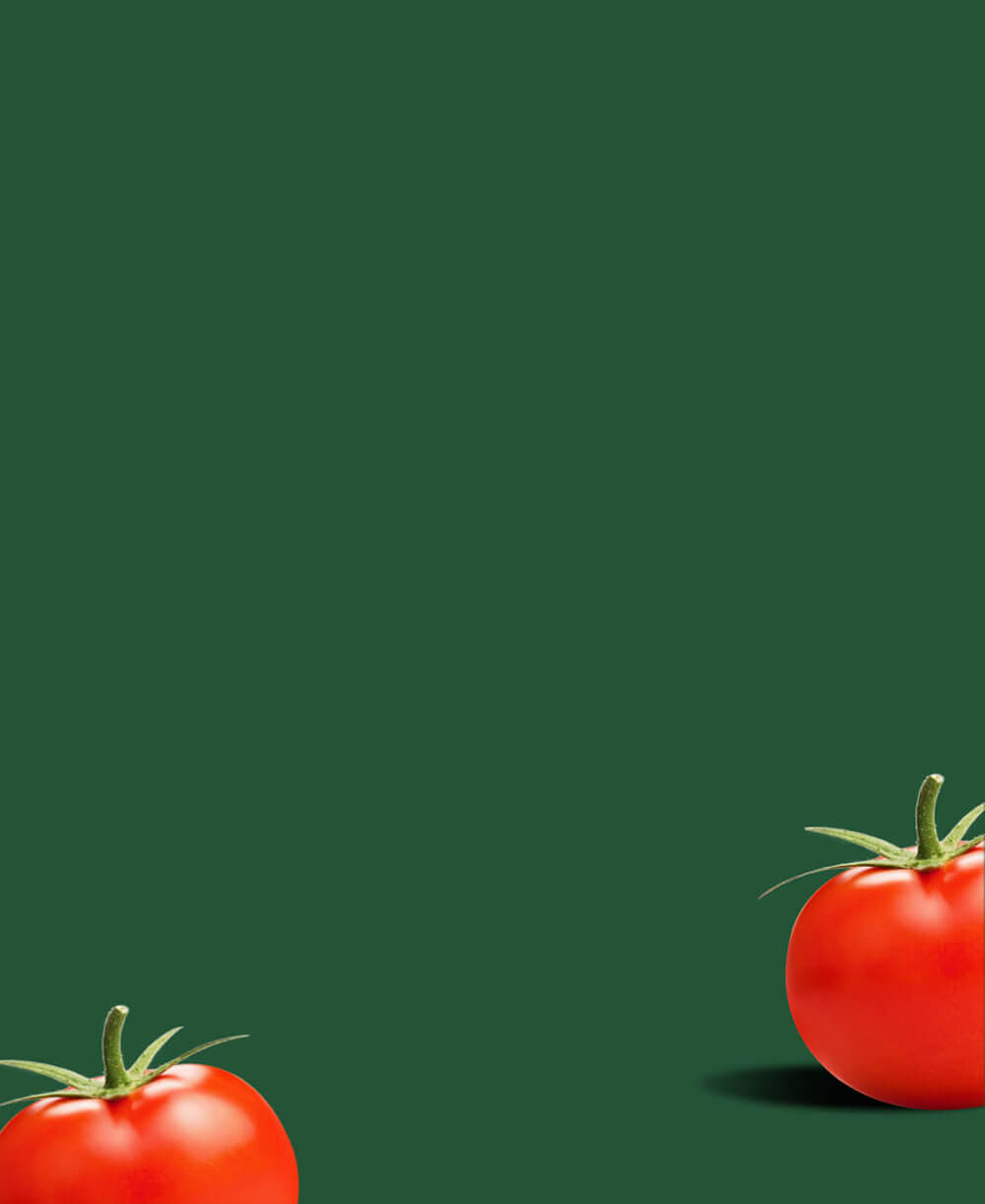

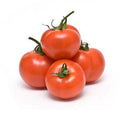

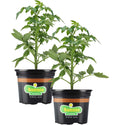
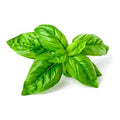 Herbs
Herbs
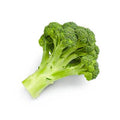 Vegetables
Vegetables
 Fruit
Fruit
 Flowers
Flowers
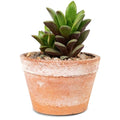 Succulents
Succulents
